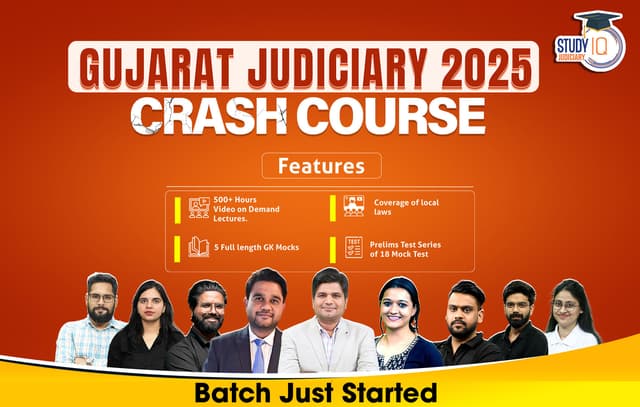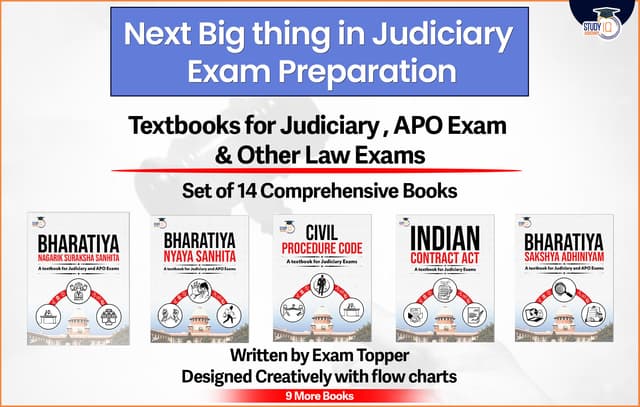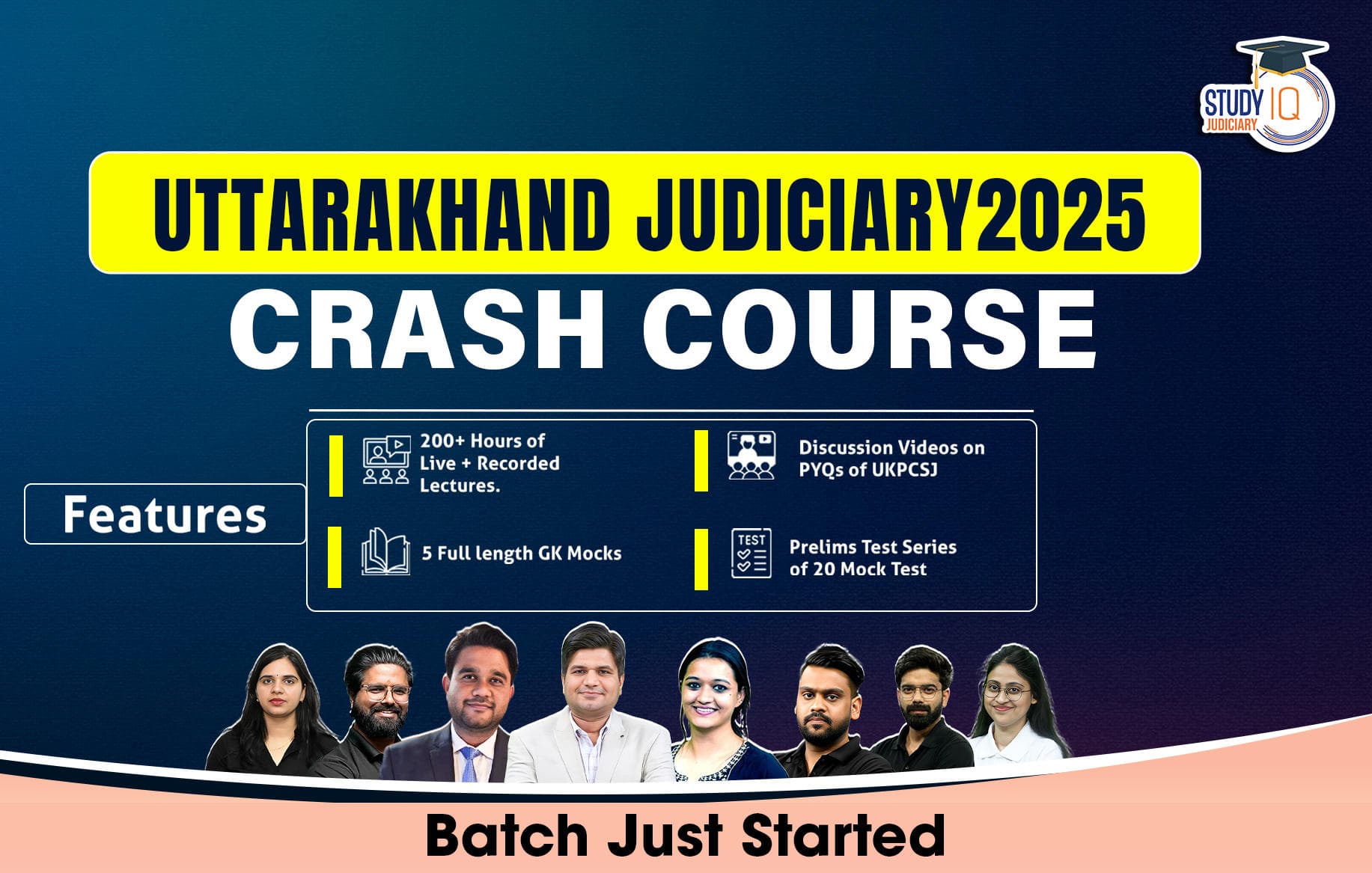Table of Contents
Justice B.R. Gavai becomes the 52nd Chief Justice of India
Justice B.R. Gavai has taken office as the 52nd Chief Justice of India (CJI), marking a historic milestone as he is the first individual from the Buddhist community to hold this prestigious position. During a press conference on May 11, he noted that his swearing-in occurred just two days after Buddha Purnima, a significant Buddhist festival.
Justice B.R. Gavai’s background is deeply connected to the Ambedkarite movement, which focuses on empowering Dalits through education and legal rights. His father, R.S. Gavai, a politician, converted to Buddhism alongside Dr. B.R. Ambedkar in 1956. Justice Gavai has often credited both Ambedkar and his father as key inspirations in his pursuit of law, viewing it as a pathway to uplift Dalits.
Justice B.R. Gavai: Legal Career and Ascendancy to the Supreme Court
Justice B.R. Gavai began his legal journey in 1985 at the Nagpur Bench of the Bombay High Court, later serving the Maharashtra government as a Pleader and Prosecutor. Despite being recommended for elevation to the High Court several times from 2001 onwards, his appointment finally materialised in 2003. He became a Permanent Judge in 2005 before joining the Supreme Court in 2019. His term as CJI will span approximately six months, concluding on November 23.
Also Check: List of Chief Justice of India
Leadership Style of Justice B.R. Gavai in Contrast to Predecessor (Justice Khanna)
Justice B.R. Gavai succeeds CJI Sanjiv Khanna during a period of scrutiny regarding the Supreme Court’s judgments and administrative decisions. While Justice Khanna maintained a more reserved public demeanour, Gavai is anticipated to adopt a more open and media-friendly approach. For instance, he led a moment of silence in court following a tragedy in Pahalgam, demonstrating a proactive and empathetic approach, emphasising that the Supreme Court cannot isolate itself during national crises.
However, Justice B.R. Gavai does not fit the mould of an activist judge; he promotes judicial restraint and refrains from encroaching on executive or legislative matters. In a recent case involving the invocation of Emergency powers in West Bengal, he pointed out how courts can often be criticised for exceeding their constitutional limits. Despite the pressures from the public and media, he is regarded by his colleagues as a principled judge committed to constitutional values.
Early Challenge: Waqf Amendment Act, 2025
One of Gavai’s primary challenges will be the upcoming hearings concerning the Waqf Amendment Act, which are scheduled for May 15.
Controversial Statements and Public Responses of Justice B.R. Gavai
Justice Gavai has occasionally made controversial remarks. In a case regarding homeless shelters in Delhi, he remarked that an excess of “freebies” has led to the emergence of a “class of parasites,” igniting backlash, including a protest letter from Brinda Karat of the CPI-M. Nevertheless, some argue that judges should have the freedom to speak candidly during legal proceedings to enhance engagement with legal counsel.
Notable Judgments of Justice B.R. Gavai
Justice Gavai has a reputation for adhering to legal precedents and statutory interpretation rather than engaging in personal activism. Some of his significant rulings include:
- Demonetisation Case (2023), which affirmed the government’s 2016 decision to demonetise currency.
- Article 370 Case in which he was a part of the bench that upheld the revocation of Jammu & Kashmir’s special status.
- Electoral Bonds Case (2024) in which he contributed to the bench that declared the electoral bonds scheme unconstitutional, enhancing voter transparency.
- Davinder Singh Case (2024), in which he supported sub-categorisation within SC/ST communities, even suggesting the application of the ‘creamy layer’ principle, a position that drew criticism for straying from core legal questions.
- Teesta Setalvad Bail Case (2023), in which he overturned the Gujarat HC decision and granted bail, labeling its reasoning as “perverse.”
- Rahul Gandhi Defamation Case (2023), where the Gavai-led bench deemed the 2-year jail sentence excessive, allowing Gandhi’s return to Parliament.
- Manish Sisodia Bail (2024), in which he granted bail based on prolonged detention without trial.
- Bulldozer Demolition Case (2024), where his bench ruled against demolishing homes of accused individuals, determining it violates the rule of law, and established national guidelines to prevent similar actions.
Justice B.R. Gavai Role as Head of the Collegium
As Chief Justice, Gavai now leads the Supreme Court Collegium, responsible for recommending judicial appointments. His tenure begins with two vacant Supreme Court seats and the impending retirements of three judges: Justices Oka, Trivedi, and Dhulia. There are high expectations for improvements in caste and gender representation.
However, his comments during a media briefing regarding SC/ST representation were vague, merely suggesting that society ought to remain “aware” of the issue. On women’s representation, he offered a more direct acknowledgement of the challenges in finding qualified candidates but affirmed that the Collegium would work toward improvement.
Following Justice Trivedi’s retirement, only one woman will serve on the Supreme Court, signifying an urgent need for action. Nationwide, only 107 of the 768 High Court judges are women, with 354 High Court vacancies and 29 pending appointments, presenting Gavai with an opportunity for meaningful progress on diversity.
Justice Gavai is perceived as a steady and legally grounded jurist, navigating the complexities of his new role with expectation and responsibility.

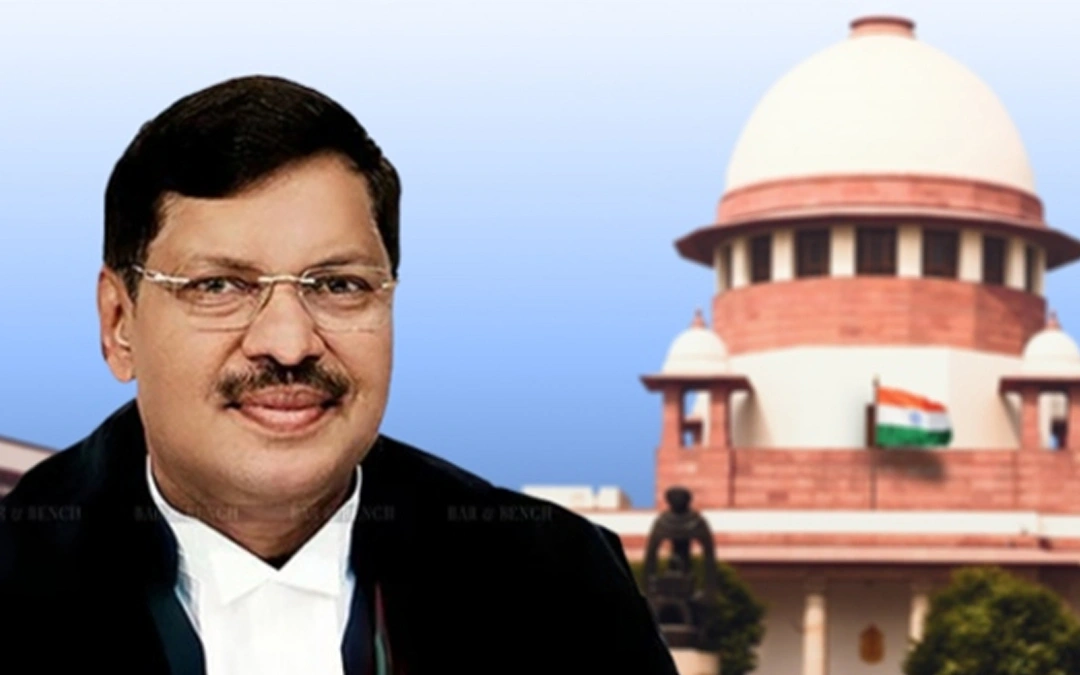
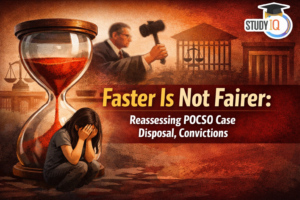 Faster Is Not Fairer: Reassessing POCSO ...
Faster Is Not Fairer: Reassessing POCSO ...
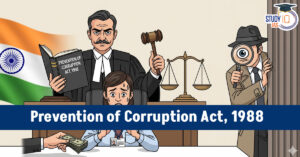 Prevention of Corruption Act, 1988: Evol...
Prevention of Corruption Act, 1988: Evol...
 The Securities Markets Code, 2025: Conso...
The Securities Markets Code, 2025: Conso...





